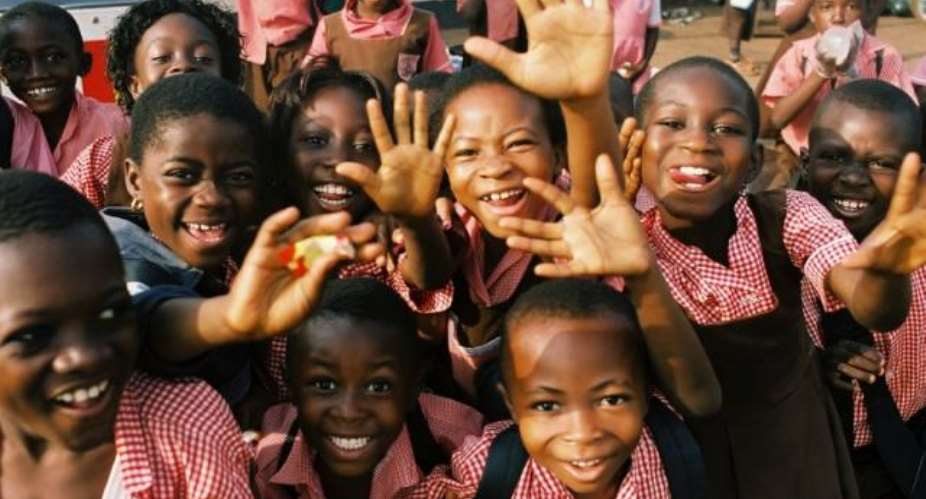It is not easy to define “violence” or ‘abuse’ against children because children’s rights is violated in so many different ways depending on the context and culture. Children may suffer physical, emotional or sexual abuse and their rights may be violated through social media/Internet, in a family, an institution, a school, community or faith setting. The perpetrators of abuse vary from an individual adult, many adults acting together, another child, to a group of children.
Most forms of violence or abuse against children’s rights are well documented and understood whilst other forms thought about less often; others may but may become endemic. In this regard, when it comes to posting things on the Internet, it seems the rights of children is overlook to the detriment of the child.
Anyone and everyone is susceptible these days to the over-sharing of personal data and information. One wonders what compels us to tell the world with our fingers via the Internet what we would hesitate to tell in a room full of people we know.
Sharing photographs and information about children and young people online can be another form of violence/abuse against them and it is gaining currency in our part of the world. The earlier we raise awareness of this abusive practice and put a check on ourselves, the better it will be for our children, young people’s future, and us.
Take a minute to stop and think about it.
Today is Universal Children’s Day and J Initiative is pleased to commemorate the day by focusing on the theme: ‘Stop Violence Against Children!’ According to UNICEF, every year millions of children around the world become victims of untold violence and abuse. For us, an organisation working in the area of online safety, we are capitalising on the day and on the theme as a platform to highlight the abuse perpetuated against children and young people within the virtual/imaginary space called the Internet. Sharing data, information with photos of children and young people without their consent can represent a violation of their human right to privacy and lead to child abusers accessing and using this information to harm them.
We know that it the responsibility of organisations to ensure their staff, operations, and programmes do no harm to children. In this respect, they must not expose children to the risk of abuse and must have procedures in place to ensure that any concerns the organisation has about children’s safety within the communities in which they work is to be reported to the appropriate authorities for action. Therefore, if YOU post a photo of, and personal information about, a child or any young person without his/her consent, it is a form of violation of the person’s rights. This could be done in ignorance of a child’s rights and the potential risks this poses for that child, but ignorance is no excuse.
J initiative has noted with dismay the increasing level of abuse of children and young people where not only photos are posted on social media but also personal information like: a child’s full name, the name of their school, their age etc. This action is a clear violation of the child’s privacy and should not be encouraged. Children are vulnerable; therefore putting their personal information out there could subject them to impersonation and other forms of threats online, which could jeopardise and prejudice their safety, well-being and their future. Even if they have signed a consent form, it is no guarantee that they have signed off their lives to you and your organisation.
We are aware that organisations like UNICEF, World Vision, Plan International, ActionAid and other child-focussed organisations have what is called the ‘Minimum Child Protection Standards’ . These standards spell out the procedures needed to prevent child abuse in it-varied forms as well as how to respond to concerns about children’s wellbeing appropriately. We recommend these Standards to all those institutions who are responsible for posting too much information about the children and young people they work with.
Let’s work together to STOP violence against children within the digital space.





 There’s nothing you can do for us; just give us electricity to save our collapsi...
There’s nothing you can do for us; just give us electricity to save our collapsi...
 Ghanaian media failing in watchdog duties — Sulemana Braimah
Ghanaian media failing in watchdog duties — Sulemana Braimah
 On any scale, Mahama can't match Bawumia — NPP Youth Organiser
On any scale, Mahama can't match Bawumia — NPP Youth Organiser
 Never tag me as an NPP pastor; I'm 'pained' the 'Akyem Mafia' are still in charg...
Never tag me as an NPP pastor; I'm 'pained' the 'Akyem Mafia' are still in charg...
 Your refusal to dedicate a project to Atta Mills means you never loved him — Kok...
Your refusal to dedicate a project to Atta Mills means you never loved him — Kok...
 2024 elections: I'm competent, not just a dreamer; vote for me — Alan
2024 elections: I'm competent, not just a dreamer; vote for me — Alan
 2024 elections: Forget NPP, NDC; I've the Holy Spirit backing me and nothing wil...
2024 elections: Forget NPP, NDC; I've the Holy Spirit backing me and nothing wil...
 2024 elections: We've no trust in judiciary; we'll ensure ballots are well secur...
2024 elections: We've no trust in judiciary; we'll ensure ballots are well secur...
 Performance tracker: Fire MCEs, DCEs who document Mahama's projects; they're not...
Performance tracker: Fire MCEs, DCEs who document Mahama's projects; they're not...
 Train crash: Railway ministry shares footage of incident
Train crash: Railway ministry shares footage of incident
